As the cost of traditional funerals continues to rise, many families in Washington are turning to cremation as a more affordable and flexible alternative. Several different cremation options are available to families, and deciding what type of cremation service is required is important.
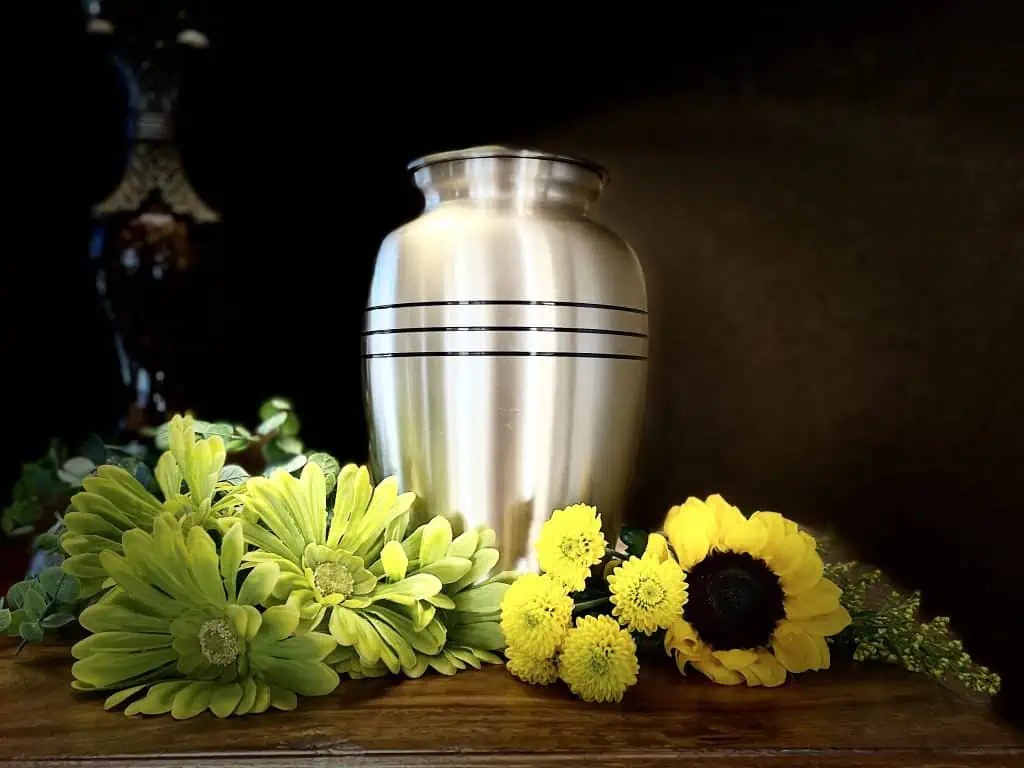
Listed below is a breakdown of average & best direct cremation prices by area in Washington State.
| CITY | PRICE (DFS Memorials) | AVERAGE PRICE* | CALL NOW - DFS |
|---|---|---|---|
| Bellevue | $695 | $1,419 | (206) 395-0354 |
| Everett | $695 | $1,479 | (425) 947-5775 |
| Kent | $695 | $1,248 | (206) 395-0354 |
| Renton | $695 | $1,362 | (206) 395-0354 |
| Seattle | $695 | $1,519 | (206) 395-0354 |
| Tacoma | $695 | $1,288 | (253) 295-4104 |
| Vancouver | $695 | $1,238 | (360) 218-7771 |
Low-cost direct cremation prices above are offered by DFS Memorials – a network of affordable cremation service providers. Visit DFS Memorials – Washington to check all locations and Prices.
The most economical service is known as a “direct cremation,” where the deceased is taken into the care of a funeral home/cremation provider, all the necessary legal paperwork is completed, and the body is then cremated. There is generally no viewing or service with a direct cremation.
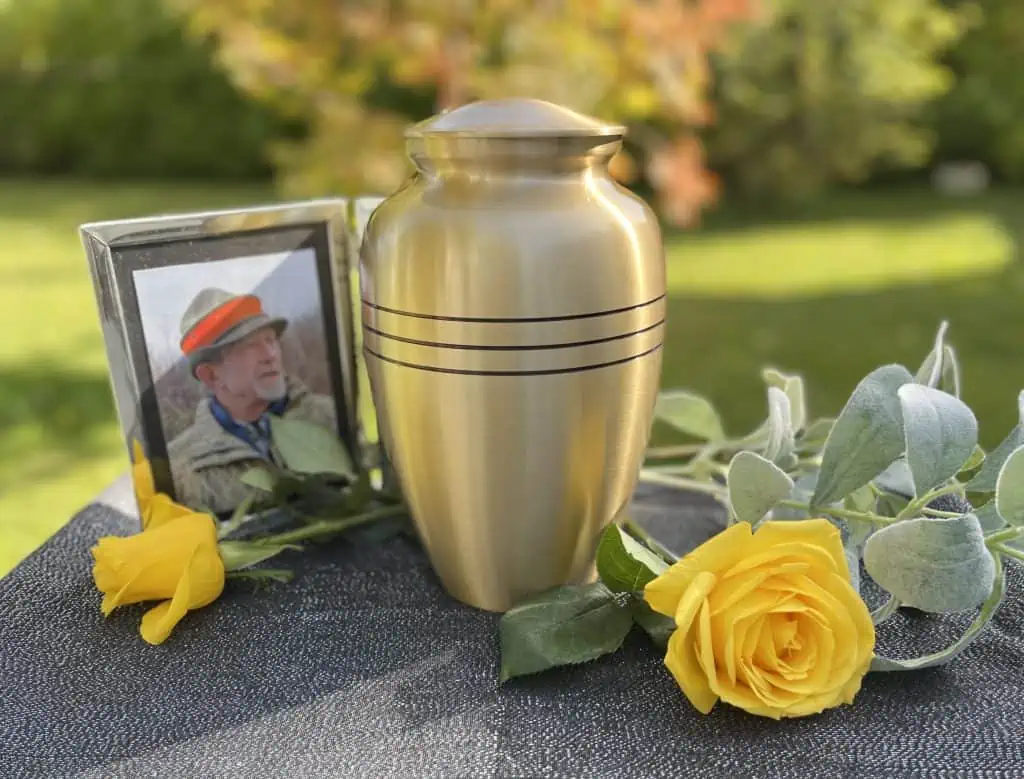
What are the different types of cremation service options and costs in Washington?
There are 3 main types of cremation choices available to families in Washington, and we have outlined the differences below.
1. Direct Cremation – a direct cremation involves the immediate cremation of the deceased without a formal funeral service being held. This basic type of cremation service has become popular due to its simplicity and cost-effectiveness. In Washington, the average cost for a direct cremation in 2024 is just under $1,500*. However, it is crucial to note that prices can vary significantly depending on the location, with major metropolitan areas like Seattle-Tacoma generally offering lower costs than rural regions.
This discrepancy can be attributed to factors such as increased competition, higher population density, and greater availability of cremation facilities.
A direct cremation is available throughout the Seattle-Tacoma Metro area for $695. Call (206) 395-0354 now for immediate assistance with a direct cremation service.
2. Cremation Memorial Service – a cremation memorial typically refers to the cremation taking place prior to a memorial service being held. The memorial service can be held at the funeral home, chapel, church, place of worship, or at any chosen location. Some families today choose to hold memorial services at community venues. The memorial service will usually be held with the cremation urn present as a focal tribute to the deceased. However, memorial services are also held without the cremated remains present.
It is not as simple to give an overview of cremation memorial services’ costs, as the ‘variable’ of the memorial service will dictate the final cost. Much will depend on whether the memorial service is conducted by the funeral home and other ancillary services. Such as the type of cremation urn selected, flowers, photographs, and other tribute materials.
As a guide, a Cremation Memorial Service in Washington can cost between $2,800 – $6,000.
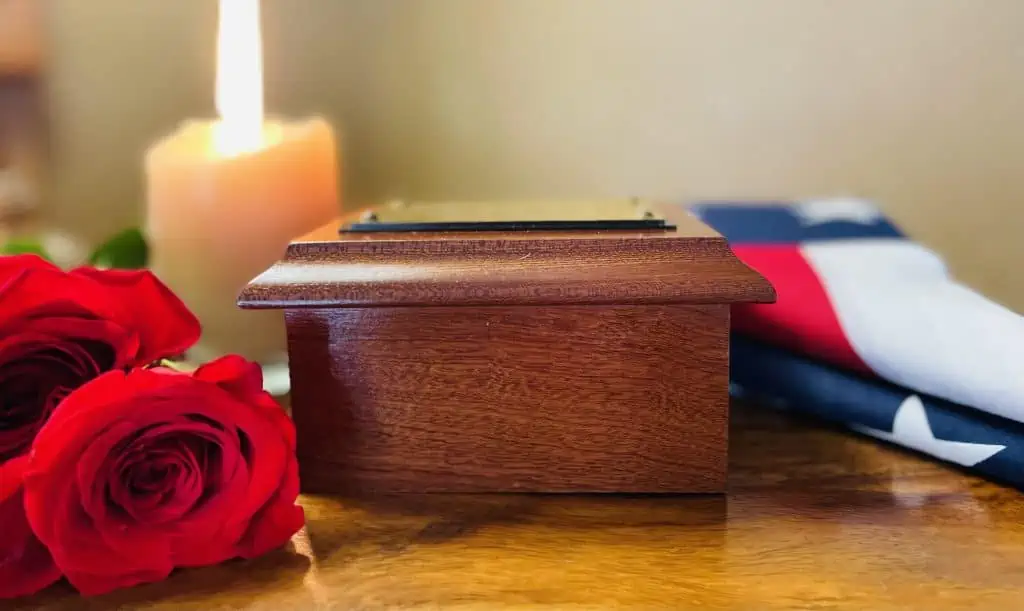
3. Full-Service Cremation Funeral – This type of service is a full-service funeral, with the cremation conducted after the funeral service. Some families want to hold a visitation, wake, or formal funeral ceremony, even if they choose cremation. A viewing, visitation, or vigil can be held at the funeral home. Family and friends can gather for a funeral service, typically with the deceased present. Following the funeral ritual, the deceased is transferred to the crematory for cremation, and the cremation ashes are then returned to the family.
This type of cremation service is like a traditional funeral service, except the deceased, is cremated after the ceremony and services instead of transferred to the cemetery for burial.
This option enables a family to have all the traditional funeral rituals without the additional expense of cemetery plot costs. Or a family may have a cemetery plot where they wish to inter the cremated remains.
As a guide, a Full Service Cremation Funeral in Washington can cost between $3,035 – $10,105.*
Understanding average cremation costs in Washington State today?

As discussed, cremation service costs vary depending on the type of cremation service and the cremation service provider. So, quoting “average” costs can be difficult. One funeral home can charge $695 for a direct cremation, yet another will charge $3,900 for a direct cremation. They are both offering the exact same service. Meaning the higher end of the pricing spectrum can skew an “average” price for a direct cremation.
Summary – Cremation Options & Costs
- Cremation services have gained popularity as cremation offers a much more affordable death care alternative. Whether the cost is the driving factor or for those families and individuals who want a simple, flexible, and more creative option.
- Direct cremation offers families an extremely cost-effective option to manage an immediate death or preplan for a simple cremation.
- Choosing cremation means that a family can personalize memorialization. There are many options for conducting a memorial service and creating memorial artifacts from cremated remains.
Direct cremation
Pros:
- Offers the most economical cremation option.
- Can eliminate many ancillary funeral expenses.
- Can be arranged without the need to visit the funeral home for arrangement.
- It is easy to make arrangements from out-of-state & have cremated remains shipped to the family for a memorial service elsewhere.
- Allows for the disposition of a body to be handled in a quick yet dignified manner. And enable the family to postpone a funeral memorial service until later.
Cons:
- May require the family to submit online forms with the information required to process the cremation. This often helps a direct cremation provider collate data and manage staff arrangement time/costs.
- The cremated remains are usually returned in a temporary cardboard container unless you choose to add a cremation urn to your direct cremation service package.
Cremation Memorial Service
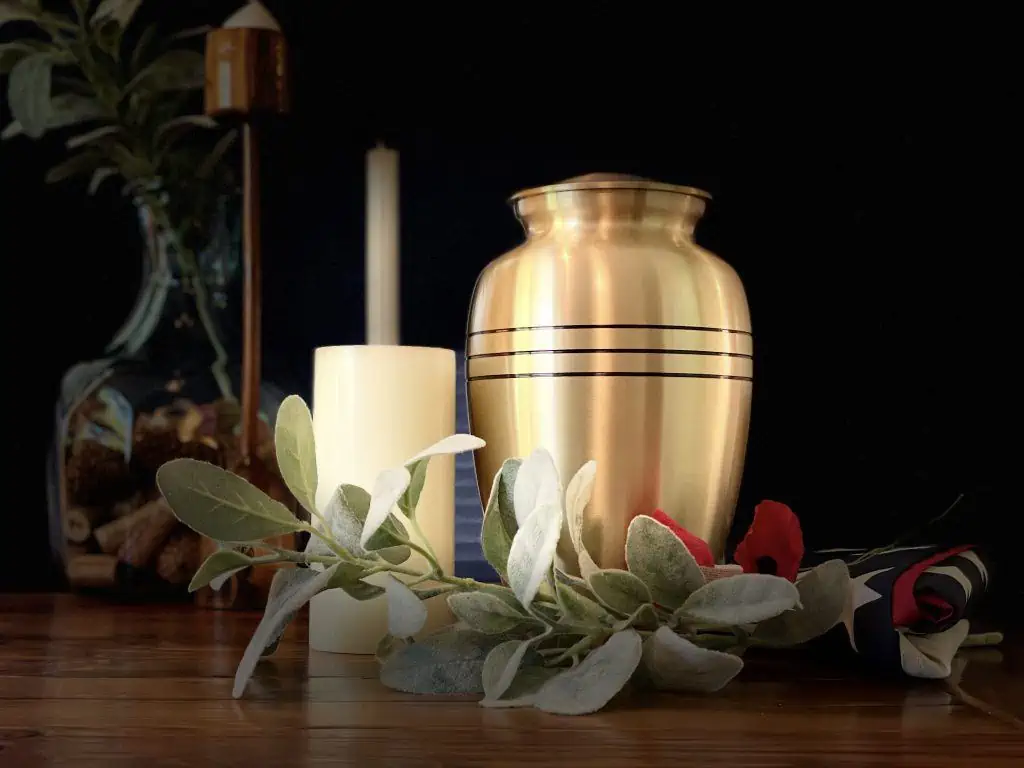
Pros:
- A family can still gather for a ceremony, but as the cremation is conducted first, the time frame for holding a memorial service is more flexible.
- Memorial services can be uniquely personalized, allowing the family to be creative in the design of a service.
- Offers a more affordable funeral celebration/ritual event.
Cons:
- As Memorial services, or a Life Celebration Memorial, can get quite creative, the ancillary costs for the memorialization can easily escalate.
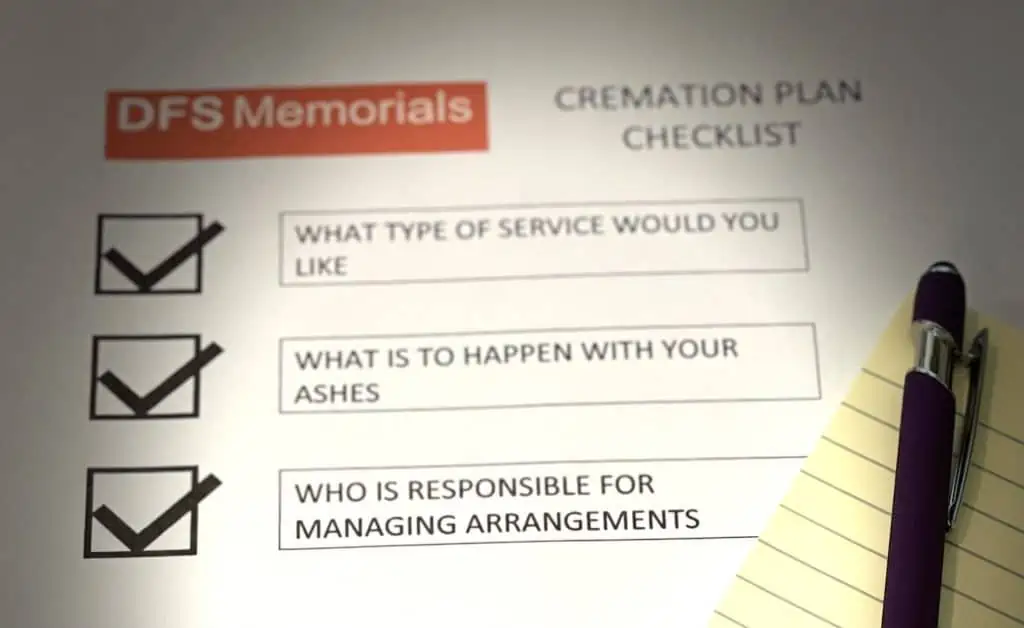
Traditional Cremation Service
Pros:
- A funeral service is held at the time of passing and can help families to say goodbye.
- It will cost less than a traditional burial service.
- More funeral homes offer rental caskets for a cremation service to help reduce casket expenses.
Cons:
- As you are conducting a traditional service with the help of a funeral director, it can be easy to find that ancillary expenses can add up.
- A traditional cremation service is generally held fairly soon after the deceased passes. A direct cremation or cremation memorial can enable the family to defer the need for immediate services.
What You Can Do with Cremation Ashes in Washington
After a cremation service, a family has several options for what to do with the cremation ashes. This may depend on their preferences and beliefs. Or the costs associated with cremation memorialization choices.
Listed below are the main options for you to consider:
1. Keep the ashes at home: Many families choose to keep the ashes in an urn or a special container at home. This allows them to create a comforting presence and keep their loved ones nearby. Some families even choose to display the ashes in a special area or create a memorial space.
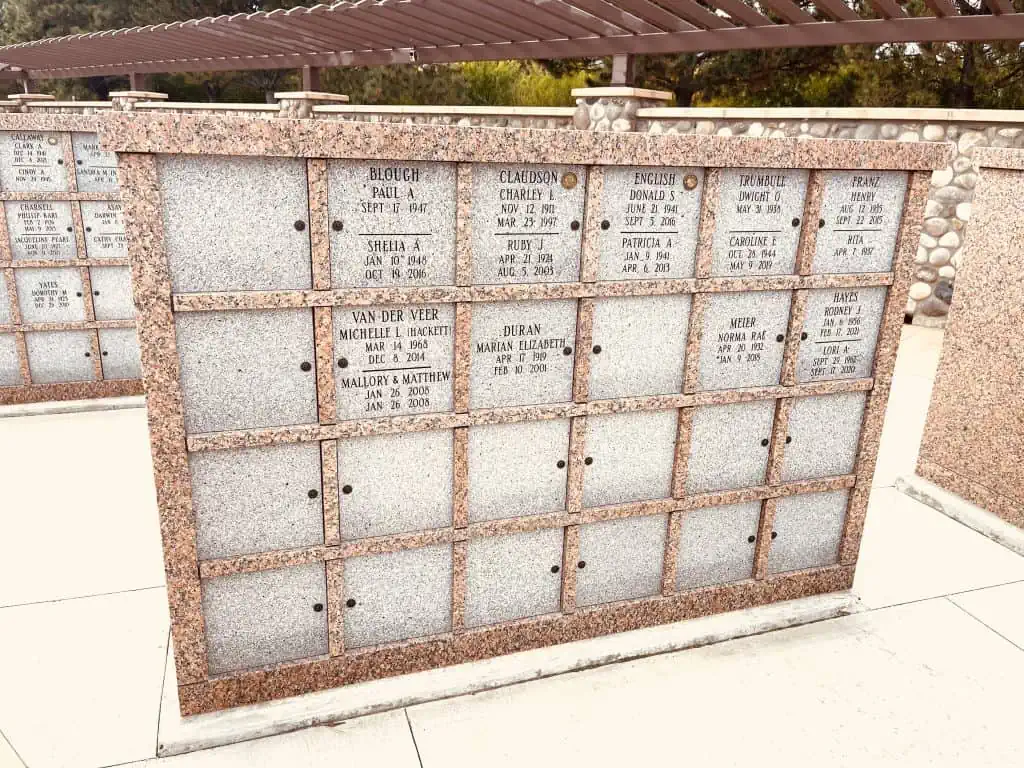
2. Bury the ashes: Families can choose to bury the ashes in a cemetery or a designated burial plot. This provides a more permanent resting place and allows for future visits and remembrance. Aside from cemetery burial plots, more cemeteries now offer dedicated cremation columbarium niches and bespoke memorial scattering gardens. Some gardens offer small plaques or benches to create a long-lasting tribute.
3. Scatter the ashes: Scattering the ashes can be a meaningful way to honor the deceased’s memory. Ash scattering is now a popular choice for many families. Scattering cremation ashes can hold great symbolism for many people. It represents releasing and returning a loved one’s physical remains to the elements, freeing their spirit. The act of scattering ashes can symbolize letting go, saying goodbye, and allowing the deceased to become part of the natural world.
Washington State final disposition laws allow for the scattering of cremation ashes in National parks after receiving permission from the chief park ranger. In State trust uplands, with permission from the regional manager. And on Private land, with the permission of the landowner.
For water scattering, a family is permitted to scatter in public navigable waters that are under state control, including Puget Sound, Strait of Juan de Fuca, rivers, streams, and lakes. Also, in The Pacific Ocean beyond the mean lower low water mark. These scatterings must follow the U.S. Environmental Protection Agency’s General Permit for Burial at Sea. This includes reporting the burial scattering within 30 days to the regional administrator of the U.S. Environmental Protection Agency for Region 10.
These are just a few suggestions, and it ultimately depends on the family’s wishes and cultural or religious practices. It may be helpful to consult a funeral director who can provide guidance and support to help you decide.
Remember that there is no timeframe for when or how to memorialize a loved one. So, if you are unsure, do not make a rushed decision.
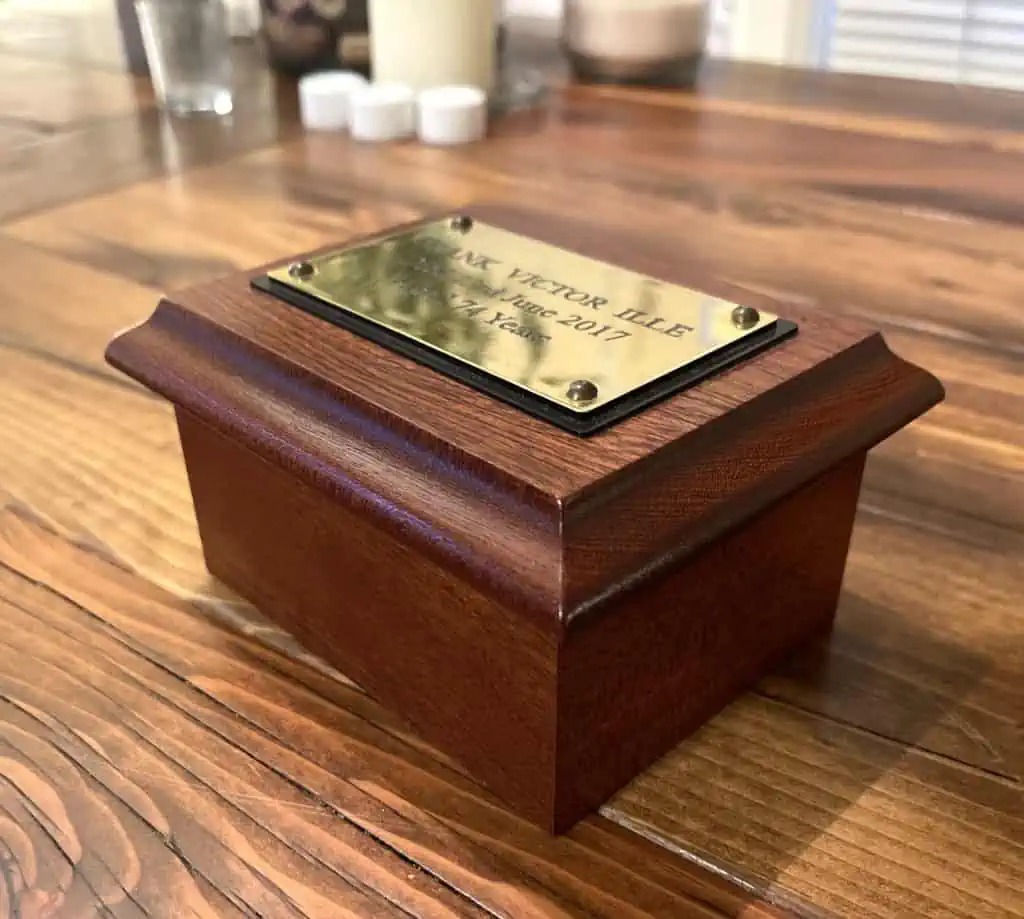
What Legislation Governs Cremation Arrangements in Washington?
The laws and rules governing cremations are primarily outlined by the Washington State Department of Funeral and Cemetery Licensing codes. These rules contain regulations and requirements for the cremation process to ensure it is conducted safely and legally.
The main key points are:
Authorization: Before a cremation can occur, the person with the legal authority to make decisions regarding the deceased’s remains must provide written authorization. This is generally referred to as the Cremation Authorization Form. You can preauthorize a cremation when preplanning a cremation with a written document you have signed (in the presence of a witness) directly with a funeral establishment.
The local registrar will issue a burial transit permit that allows the moving of the body for purposes of cremation or burial. A permit must be obtained within three business days after death and before the final disposition. A burial transit permit also authorizes cremation.
Identification: The deceased must be properly identified and labeled before the cremation process begins. This ensures your loved one is tracked throughout the whole cremation process.
Documentation: Detailed records must be maintained throughout the entire cremation process, including information about the identity of the deceased, the date and time of the cremation, and any medical devices or implants present.
Crematory requirements: Crematories must meet specific standards and obtain the necessary permits and licenses to operate legally in Washington State.
Disposition of remains: After the cremation, the cremains must be properly handled in accordance with the wishes of the deceased or their authorized representative.
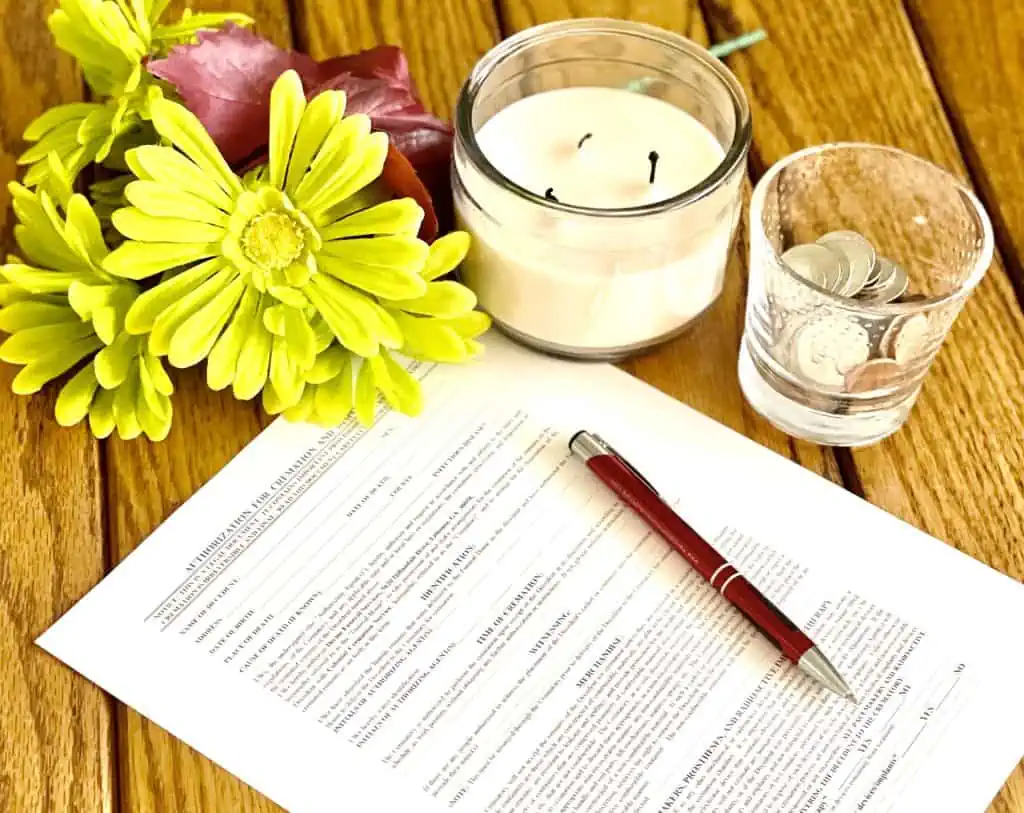
Cremation Container: A casket is NOT required by law for a cremation in Washington. All that is required is a suitable rigid container. A cremation container is usually a reinforced cardboard or plywood box. Some funeral homes offer rental caskets if you wish to hold a funeral service before the cremation.
These are the key aspects of the laws regarding cremation in Washington State. For more specific information or if you have any additional questions, it would be a good idea to consult an attorney or contact the Washington Department of Funeral and Cemetery Licensing for official guidance.
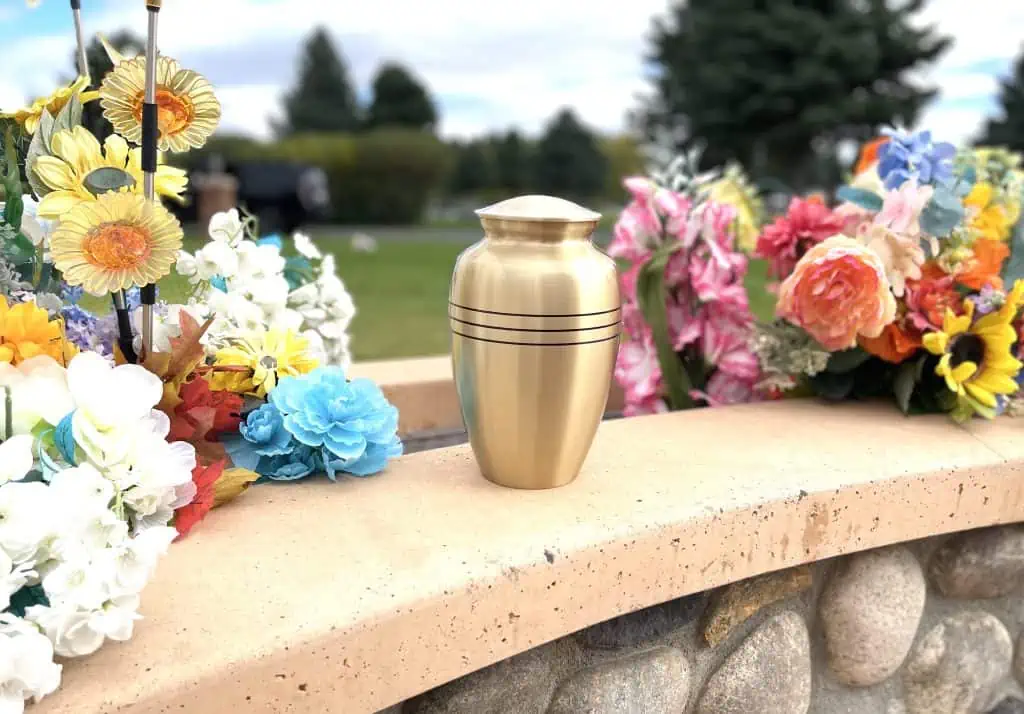
Do you have to employ a funeral director for a direct cremation? Can the family deal directly with the crematory?
Washington does not require the involvement of a licensed funeral director in making or carrying out final arrangements. However, some crematories require the use of a funeral director to arrange cremation.
The family can opt for home death care, apply to the County Clerk for the death certificate and transit-cremation permit, and then make transportation arrangements to a local crematory. It is wise to ensure you do some research and find a crematory that is agreeable to working directly with a family.
How long does a cremation take in Washington?
The usual wait period after a death before the cremation can be performed is 48-72 hours. The process to complete the legally required paperwork usually takes at least 24 hours, and the death certificate must be filed within three days. It is fair to say that it is usually 5-7 days for a cremation to be performed. (Longer if there are any issues with consent or issuing a death certificate)
The deceased will be sheltered in refrigerated storage during this time. A direct cremation service package generally includes refrigeration for up to 10-14 days. There may be an additional daily fee for refrigeration if the funeral home has to store the deceased for longer.
What is the least expensive cremation service?
Direct cremation is your least expensive cremation option. This is when cremation is carried out without a service or ceremony. It is a simple, dignified cremation of the deceased with minimal ‘fuss’ and at a minimal cost.
The cremated remains are returned to the next of kin after everything has been taken care of. A family can hold a memorial service if they wish when they are ready, which can even be conducted at home for much less.
Direct cremation takes care of the immediate need to handle the disposition of the deceased. Still, it can also enable the family to defer the need for a memorial service or enable them to craft their own bespoke personalized ‘send off.’
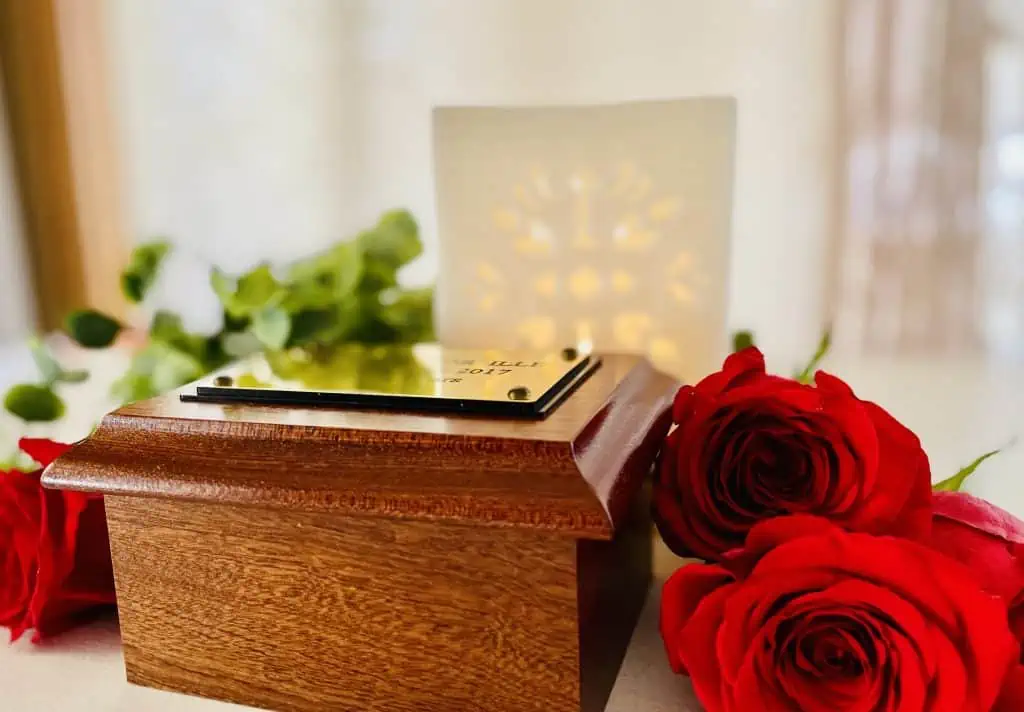
Are there any extra fees added to a low-cost cremation service package?
The service charge for a direct cremation is listed on the funeral provider’s General Price List. This should include the basic services of the funeral director, collection and transfer of the deceased, completing the legal paperwork, and conducting the cremation. It usually includes a simple cardboard cremation container and a temporary urn.
The funeral director will pay third-party fees to the local county to obtain the death certificate and pay for any permit charges. These are third-party fees that are added to the direct cremation service fee.
The fee for a death certificate is $25 per certified copy in Washington, and funeral law requires a death certificate to be filed within 3 business days after the death and before final disposition.
You may require more than one death certificate, as you must send them off to multiple institutions, organizations, or government offices simultaneously. Most authority bodies that need evidence of the death, i.e., a life insurance company, will require an original copy of a death certificate. Certified copies of a death certificate are usually available within ten days after the death.
Can apply for a death certificate online at VitalChek. Contact information for Washington Vital Records. Email: ContactCHS@doh.wa.gov
There can be additional surcharges to a direct cremation service charge if any of the below services are required:
- Residential collection
- Removal of a pace-maker
- Overweight surcharge (above 250 pounds)
- Family arrangement consultation
- Mailing of cremated remains
What about a “no-cost” cremation in Washington?
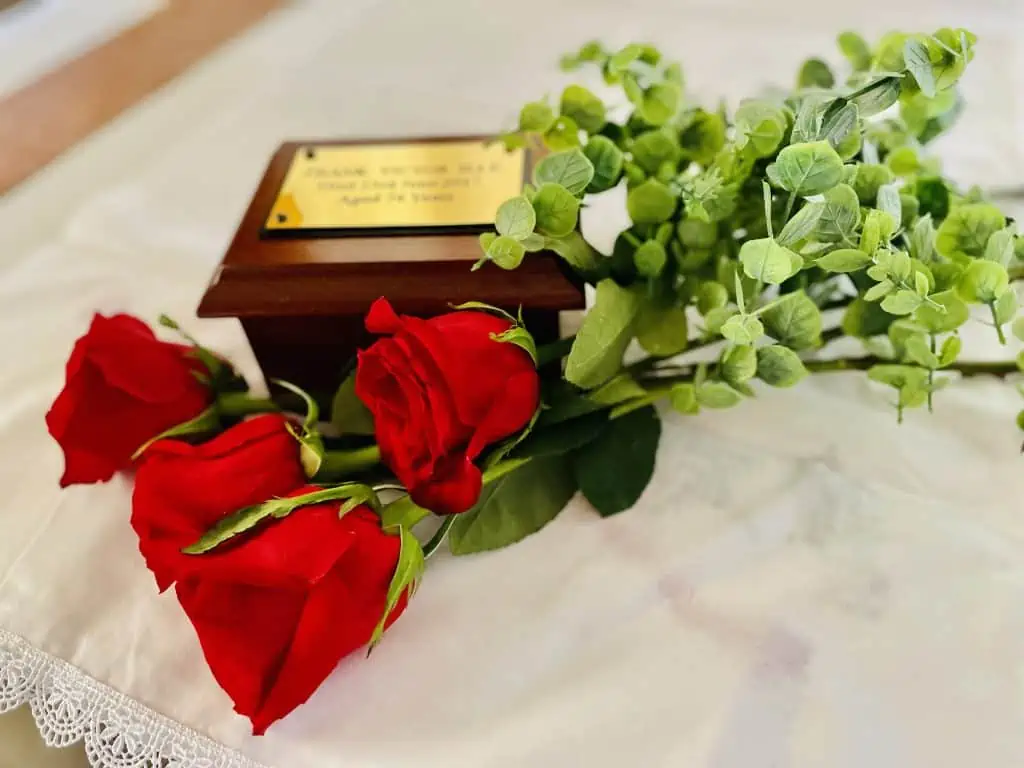
What is sometimes called a “free” cremation or “no-cost” cremation is a whole-body donation. Once the donation is performed, the remains are cremated free of charge. However, in some cases, there are costs associated with transporting the deceased and obtaining death certificates.
Donating your body to medical science has been an end-of-life choice for some time now. However, it has certainly gained more popularity in recent times. For many, it now seems a valuable disposition method, so it is commonly called an “anatomical gift.” Several national organizations offer an anatomical gift program whereby you can donate your body to science and the benefit of future generations.
They arrange the collection of the deceased, medical donation, cremation of remains, and return of cremains to the family, usually at no charge. There are also a number of Universities and Medical Schools in Washington that operate whole-body donation programs. We have detailed these below:
Washington State University Willed Body Program
WSU Health Sciences Spokane, 412 E. Spokane Falls Blvd., PBS Building, 12, Spokane, WA 99202 Phone (509) 368-6600
University of Washington School of Medicine – Willed Body Program
Department of Biological Structure, Box 357420, Seattle, WA 98195 Phone (206) 543.1860
Office Hours: 9 am-2 pm Monday through Friday, excluding holidays.
Available by phone 24/7 to report the death of a potential donor.
BioGift Anatomical and Surgical Education Center
Address: 2906 Colby Ave, Ste. 109, Everett, WA 98201. Phone (425) 224-5661
Do understand that an anatomical donation cannot always be accepted at the time of death. It can be affected by the needs of medical and research institutions at the time and transportation services.
Visit our Body Donation page to read further about this option.
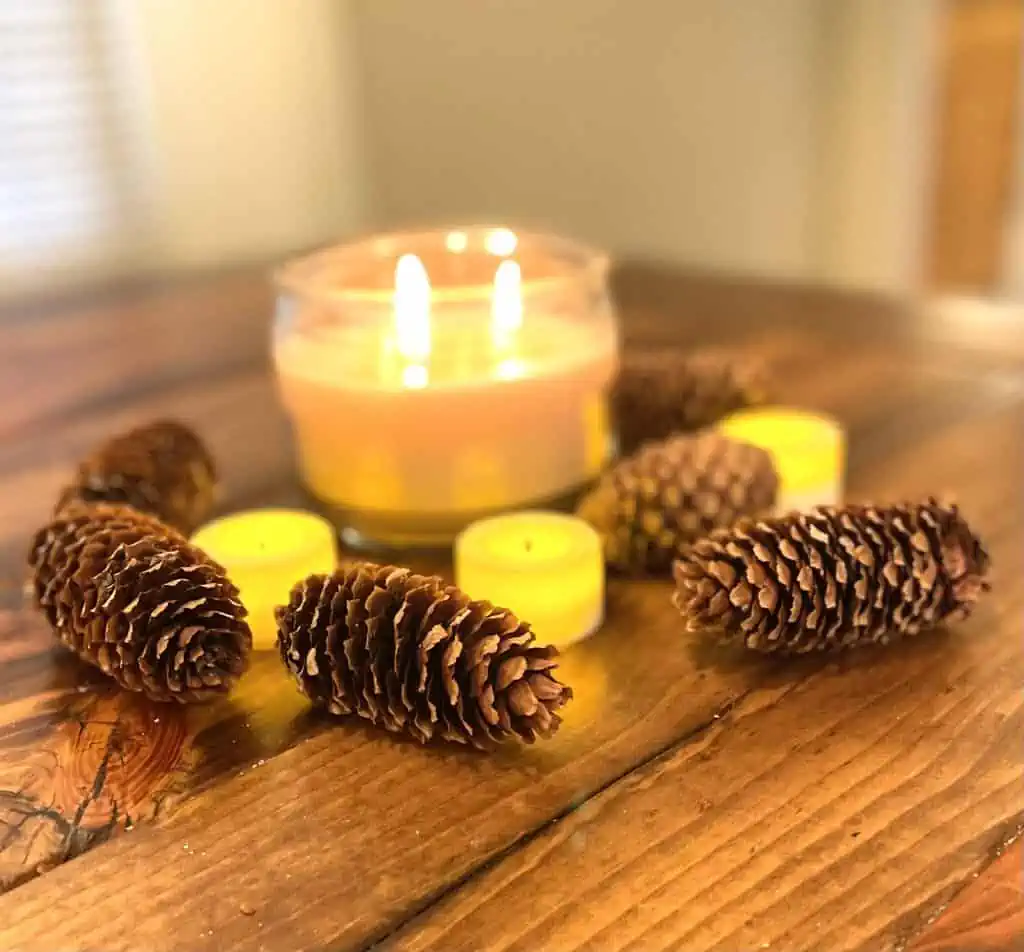
Does Washington State Offer any financial assistance towards cremation costs?
The state of Washington does not provide assistance for cremation costs. Instead, residents must explore any Federal, County, or city of residence programs that offer help.
Federal Resources: Social Security may pay a $255 lump-sum death benefit if qualifying, and certain veteran’s benefits are available.
County/Municipality Resources: Eligibility for any county assistance varies by county and city. If a budget is available, any benefits are subject to qualification and are usually capped. The Washington Department of Public Assistance program provides a small partial reimbursement to funeral homes that take care of individuals who have died, and either have no one to take care of their final expenses or whose family members refuse or are unable to take financial responsibility for the care of their loved ones. Members of the public cannot apply to this fund—by law, and it may only be used to offset the costs that a funeral home incurs when taking care of indigent deaths.
In 1993, Washington State transferred the responsibility for the disposition of unclaimed indigent remains to that of individual counties. Hence, program requirements and benefits vary significantly between counties but generally only provide for cremation, not burial, and many counties lack funds to cover the full costs for those who qualify.
For information regarding indigent cremation programs in King County at (206) 731-3232, Snohomish County at (425) 438-6200, and Pierce County at (253) 798-6494.
People’s Memorial Association (PMA) created the Funeral Financial Assistance Fund from the proceeds of donated cemetery plots. This fund is only available to the extent that PMA has funds on hand. Through donations from the community, they have been able to expand this fund to cover a portion of the cost of aquamation or simple burial arrangements. To qualify, the arrangements must be handled through a funeral home that is contracted with the People’s Memorial Association.
Washington State Department of Labor & Industries (L&I) has a Crime Victim’s Compensation Program. Contact this agency for help and possible benefits if the death was the result of a criminal act.
Veterans may qualify for death benefits through Veterans Affairs, including:
- a $300 burial expense reimbursement.
- a $300 burial plot assistance payment for burials not in VA cemeteries.
- a $2000 active duty or service-connected death benefit.
- a travel allowance
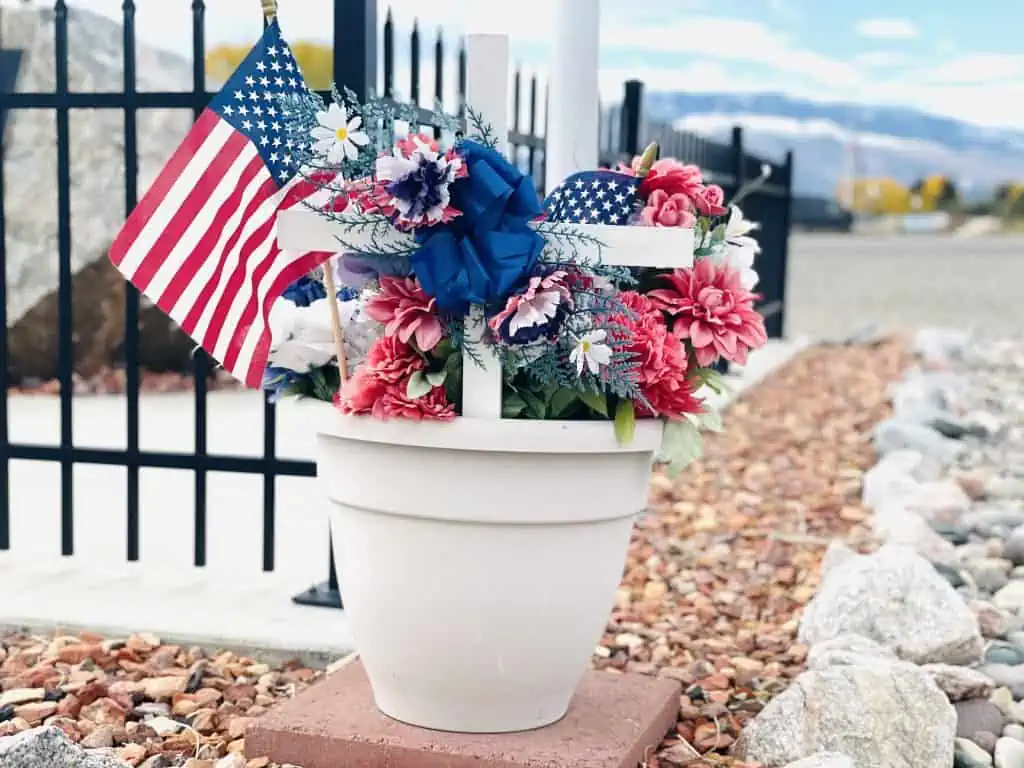
What happens if I cannot pay for a cremation?
As covered above, there are Federal, State, and County programs the family can explore if the deceased and surviving family are eligible. The responsibility to pay the funeral bill falls to the immediate next of kin if the deceased had no pre-paid funeral plan or life insurance. This can be very stressful if you lose a family member and become responsible for the funeral arrangements without any resources.
Check out this guide to What to do if I cannot afford a funeral to learn about other possible funding and charity organizations.
What happens if the deceased is at the Medical Examiner’s morgue?
If the deceased is at the coroner’s office, you must arrange for a funeral director to collect the body when the coroner signs the release form. You must authorize the funeral director to collect your loved one and transfer him or her into their care.
As most funeral directors deal with the coroner’s office on a regular basis, and the ME issues the authorization and permit to cremate, it can make the arrangements easier. For this reason, some funeral homes can offer a budget direct cremation when handling remains from the Medical Examiner.
How to Make a Complaint if you are dissatisfied with a Cremation Service Provider

If you had a bad experience with a cremation service in Washington, it is important to notify the correct licensing and legal authorities. This way, appropriate action can be taken, and other consumers can be protected. We have detailed below some steps you can take to register a complaint.
1. Gather information: Firstly, ensure you have all the necessary details about the cremation provider, such as their name, address, and contact information. Additionally, note down the specifics of your complaint and any supporting documentation you may have.
2. Contact the provider: Start by contacting the cremation provider directly. Explain your concerns and see if they can address and resolve the issue to your satisfaction. If they are unresponsive or you are not satisfied with their response, proceed to the next step.
3. File a complaint with the Washington State Department of Licensing Business and Professions Complaints: The Department oversees funeral and cremation services. You can file a complaint online. Or email them at dfccompliance@dol.wa.gov for guidance on how to proceed.
Do note: The Department can only take action if it finds sufficient evidence that the funeral director has violated Public Health or Funeral Laws in implementing cremation regulations. If the complaint concerns a dispute regarding cremation fees, please note that the Department has no jurisdiction over the fee amount charged, only the mandated disclosure of the fee, as per the FTC Funeral Rule.
If your complaint is regarding fees charged or any other consumer issue, you may wish to make a formal complaint to the Federal Trade Commission. You can file a complaint with the FTC online or call 1-877-FTC-HELP (382-4357).
The FTC cannot resolve individual problems for consumers, but it can act against a funeral/cremation company if it sees a pattern of law violations.
4. File a complaint with the Washington Attorney General: Another option is to contact the Washington Attorney General’s Office. Online complaints can be submitted here.
WA Attorney General, 1125 Washington St. SE, P.O. Box 40100, Olympia, WA 98504 (360) 753-6200
5. Seek legal advice: If the issue remains unresolved, or you feel further action should be taken, you might consider consulting with an attorney specializing in funeral law or consumer protection. They can provide you with legal guidance and help explore your options for further action
If you have further questions about cremation services or costs in Washington that we have not answered, please get in touch with us. We are here to assist you.

